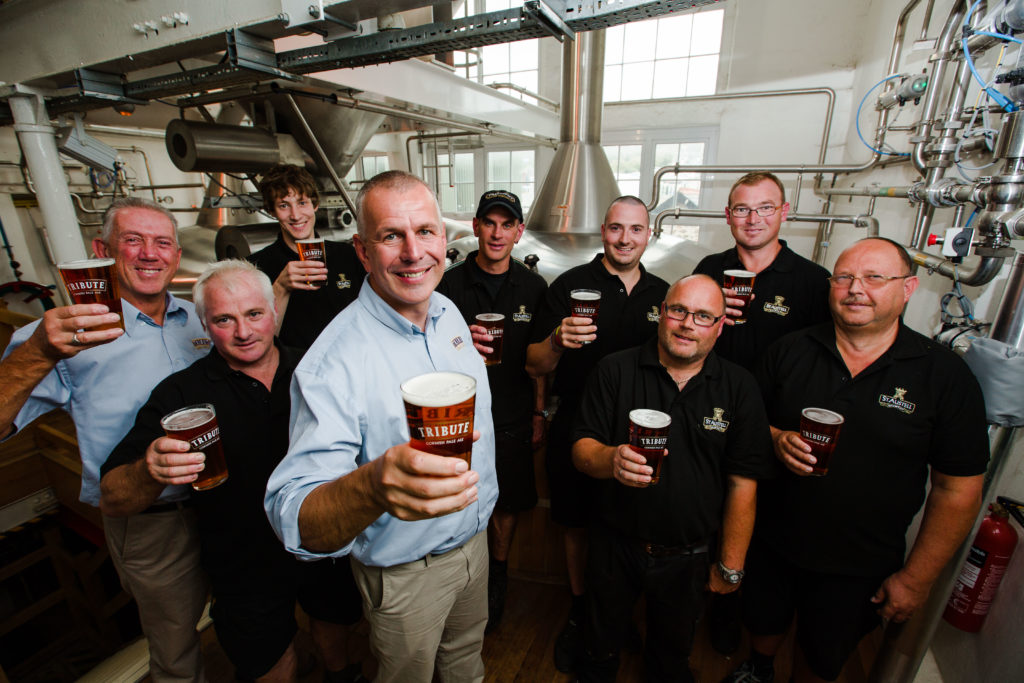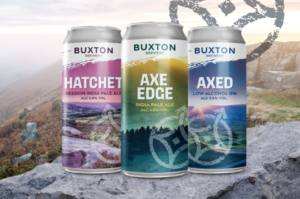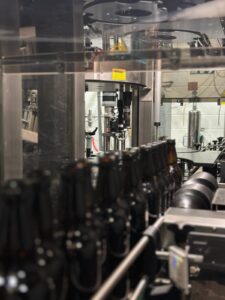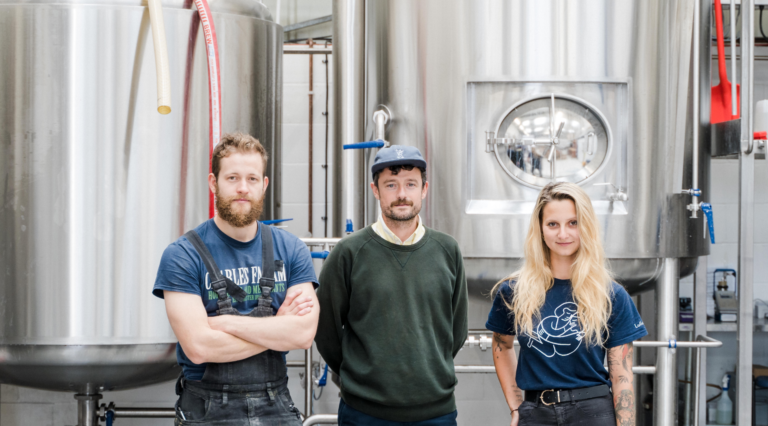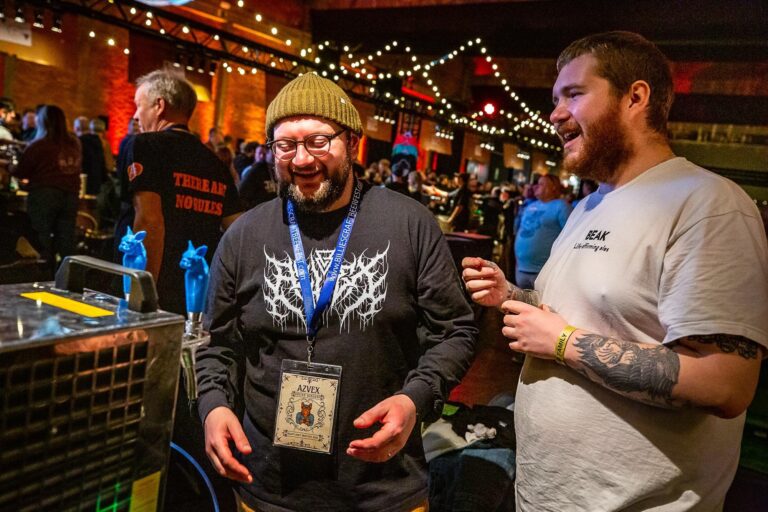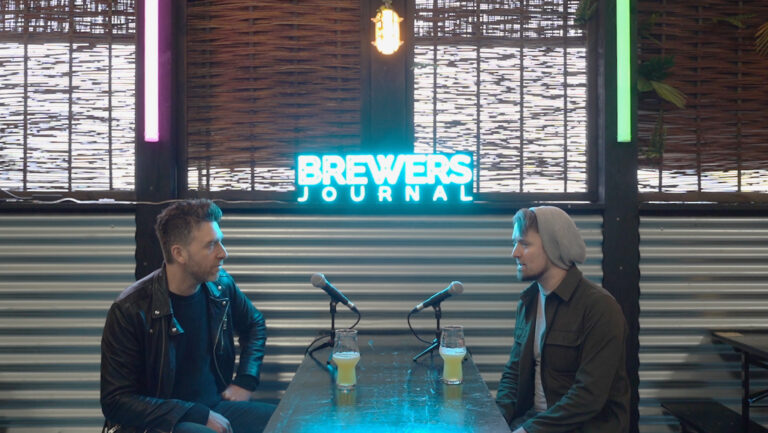In 2019, Tribute, St Austell’s Cornish Pale Ale celebrates its 20th anniversary. Many beers and breweries have come and gone in those two decades and that beer’s creator, brewing director Roger Ryman, says cask beer might very well have to become less ubiquitous if it is to thrive once more.
“There are certain figures that have made an indelible mark on the UK brewing industry. There can be no doubt that Roger Ryman, brewing director at St Austell, is one of them.
The Cornish brewery produced 15,000 barrels of beer in 1999. Enter Tribute, its 4.2% Cornish Pale Ale, and things couldn’t be more different. Even in 2017, the brewery was outputting in excess of 115,000 barrels across its brands.
Celebrating 20 years since its inception, Ryman, who is speaking at the Brewers Congress in London, says despite a changing scene St Austell continues to produce the beer it wants to make.
“I’ve always said we just do what we do. We don’t chase headlines or seek hype. We get on and do what we believe is right,” he explains. “We’ve stood the test of time, during what has been a dynamic time in brewing.”
The brewery’s Tribute beer has been central to this drive.
Ryman says: “Many beers come and go and there will always be a lot of noise. When we developed Tribute, we made the decision to create a beer brand, rather than focus on brewery brand behind it.
It was a case of creating a brand, rather than inheriting one. With that, there’s a sense of ownership that really is a once in a career moment. With that, I feel that building a brand in the current marketplace would be much more difficult.
“Tribute has proven to be something of an anchor beer for people. And I think sometimes you need to step off the rollercoaster, and fall back on something that offers up reliability, and gives the consumer confidence.”
Tribute remains in growth for St Austell and is an excellent cask beer. But for brewers such as Ryman, so well versed in cask, it is abundantly clear that the wider market for such beers is particularly challenging.
“The growth of cask came from the era of tied houses, local distribution and volume consumption,” he says. “The challenge is the changing behaviour and routes to market.”
Ryman explains: “On the whole, though not exclusively, even today the best cask beer comes from a brewery-tied house. There’s an interest in training, dispense and maintaining those beers.
“But within a pub company model, who is doing that?
“As a beer drinker, and brewer, I wonder if the future of cask needs to be less ubiquitous. There is the feeling that nearly every licensed premises needs to have it.
“For many, craft beer has become something of a destination. Whether cask is part of that, or if it remains inherently associated with traditional pubs, is another question.
“Does cask needs to become more a niche, where it’s actively sought after, rather than an expectation? Cask is our national beer style. It is one of the pleasures of life in the UK and when it’s gone, it’s gone.
“The craft beer revolution was a movement against ubiquity but you could argue that it has become just that, ubiquitous. Maybe cask will need to look to do the same.”
Roger Ryman is speaking at this year’s Brewers Congress, taking place in London on the 28th November. Tickets are available in the link above.

